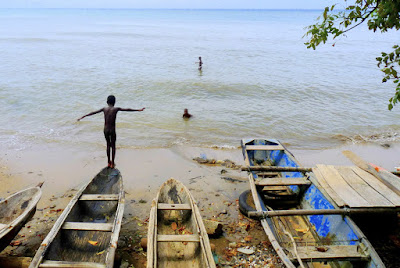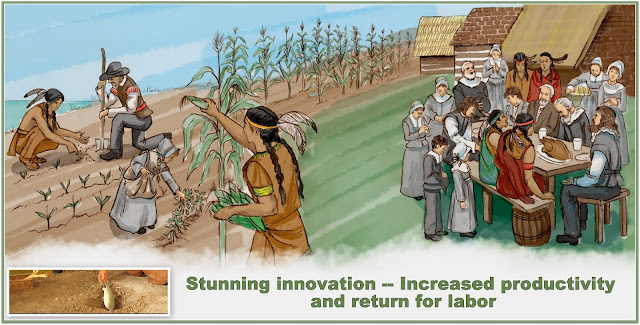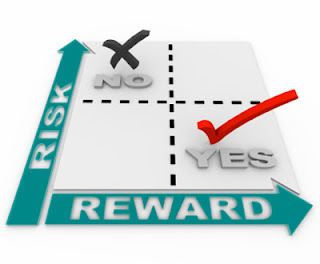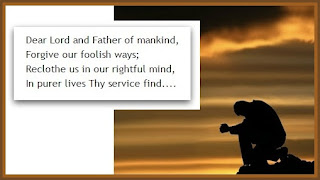Why did Snowden go public? Why didn't he follow the available whistleblower channels up to the Inspector General's office? Isn't that the path any reasonable employee would have taken?
“Name one whistleblower from the intelligence community whose disclosures led to real change – overturning laws, ending policies – who didn’t face retaliation as a result. The protections just aren’t there,” Snowden told the Guardian this week (22MAY16).
"The sad reality is that going to the inspector general with evidence of truly serious wrongdoing is often a mistake." -- Edward Snowden
If you want to know why Snowden did it, you have to know the stories of two other men.
The first is Thomas Drake, who blew the whistle on the very same NSA activities 10 years before Snowden did. Drake was a high-ranking NSA official, and he followed the whistleblower rules. Forwarding his concerns through official channels, he got crushed.
Drake was fired, arrested at dawn by gun-wielding FBI agents, stripped of his security clearance, charged with crimes that could have sent him to prison for the rest of his life, and all but ruined financially and professionally. The only job he could find afterwards was working in an Apple store in suburban Washington. His warnings were valid but were largely ignored.
“The government spent many years trying to break me, and the more I resisted, the nastier they got,” Drake says of the ordeal.
Drake’s story has since been told – and it had an impact on Snowden. He told an interviewer in 2015, “It’s fair to say that if there hadn’t been a Thomas Drake, there wouldn’t have been an Edward Snowden.”
Next is John Crane, a senior official in the Department of Defense who fought to provide fair treatment for whistleblowers such as Thomas Drake – until Crane himself was forced out of his job and became a whistleblower as well.
Crane's testimony reveals a chapter in the Snowden story – and Crane’s failed battle to protect earlier whistleblowers makes it clear that Snowden had good reasons to go public.
During dozens of hours of interviews, Crane narrated how senior Defense Department officials repeatedly broke the law to persecute Drake. First, he alleged, they revealed Drake’s identity to the Justice Department; then they withheld (and perhaps destroyed) evidence after Drake was indicted; finally, they lied about all this to a federal judge.
Snowden was unaware of the machinations inside the Pentagon, but Drake’s arrest, indictment and persecution promised trouble for any whistleblower.
“Name one whistleblower from the intelligence community whose disclosures led to real change – overturning laws, ending policies – who didn’t face retaliation as a result. The protections just aren’t there,” Snowden told the Guardian this week. “The sad reality of today’s policies is that going to the inspector general with evidence of truly serious wrongdoing is often a mistake. Going to the press involves serious risks, but at least you’ve got a chance.”
According to Thomas Devine, the legal director of the Government Accountability Project (GAP), was that he practised “civil disobedience” rather than “lawful” whistleblowing. (GAP, a non-profit group in Washington, DC, that defends whistleblowers, has represented Snowden, Drake and Crane.)
“None of the lawful whistleblowers who tried to expose the government’s warrantless surveillance – and Drake was far from the only one who tried – had any success,” Devine says. “They came forward and made their charges, but the government just said, ‘They’re lying, they’re paranoid, we’re not doing those things.’ And the whistleblowers couldn’t prove their case because the government had classified all the evidence. Snowden took the evidence with him, so when the government issued its usual denials, he produced document after document showing that they were lying.
The story of Snowden is much more complex and perhaps not worth too much attention, but the critical issue is the unlawful and unwarranted government surveillance of citizens.
The illegal activity continues generally unabated despite the administration's promise to establish oversight and appropriate constraints.

































